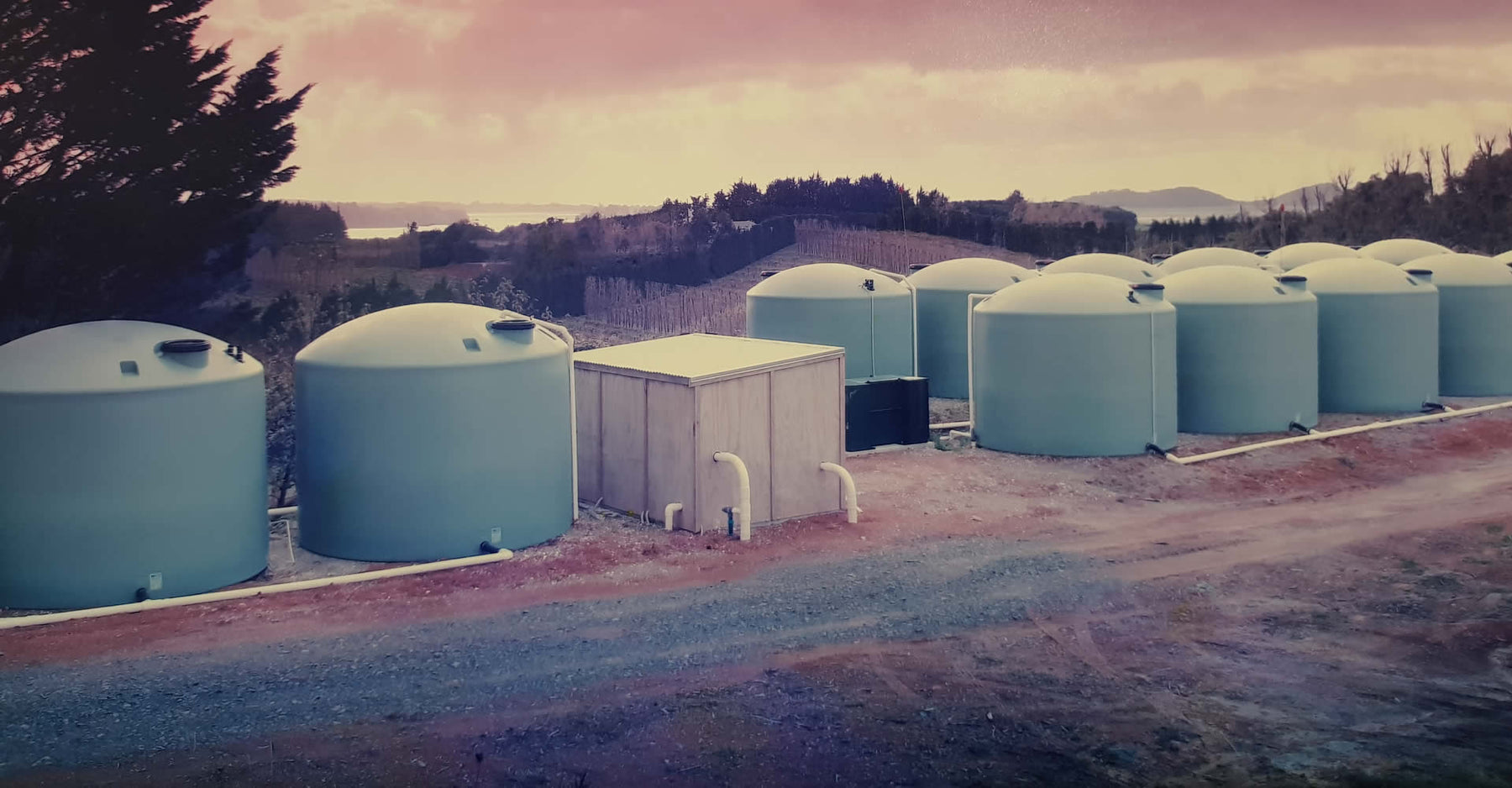
Why are Polyethylene water tanks better than concrete tanks?
Introduction:
When it comes to storing water, many options are available, including concrete and polyethylene tanks. While both options have advantages and disadvantages, in this article, we will focus on why polyethylene water tanks are better than concrete tanks.
Polyethylene water tanks have become increasingly popular due to their many benefits. Polyethylene water tanks are a superior choice for many applications, from being lightweight and easy to install to their resistance to corrosion and cracking. This article will explore why polyethylene water tanks are better than concrete tanks and why you should consider them for your water storage needs.
Our key topics:
- Lightweight and Easy to Install
- Resistant to Corrosion and Cracking
- Durability and Longevity
- Customisable to Fit Your Needs
- Cost-Effective
- FAQs
- Conclusion
Lightweight and Easy to Install
Polyethylene water tanks are lightweight, making them easy to install and transport. Unlike heavy concrete tanks that require a crane to install, polyethylene tanks can be easily moved and installed by a small team of people. Ultimately this saves time and money and makes them ideal for remote or hard-to-reach locations.
Resistant to Corrosion and Cracking
One of the main advantages of polyethylene water tanks is their resistance to corrosion and cracking. Concrete tanks are prone to corrosion, leading to leaks and contamination of the stored water. Polyethylene tanks, on the other hand, are made from a non-corrosive material, making them much more resistant to damage.
Durability and Longevity
Polyethylene water tanks are known for their durability and longevity. Polyethylene tanks are designed to last decades, unlike concrete tanks, which can crack and degrade over time. They are also resistant to UV radiation and extreme temperatures, making them ideal for various environments.
Customisable to Fit Your Needs
Polyethylene water tanks are highly customisable, allowing you to tailor them to your needs. They come in various sizes, shapes, and colours and can be easily modified to fit your space requirements. They can also be equipped with various accessories, such as pumps and filters, to meet your water storage needs.
Cost-Effective
Polyethylene water tanks are cost-effective, both in terms of installation and maintenance. They are significantly cheaper than concrete tanks, which require expensive installation equipment and skilled labour. They also require less maintenance and are less prone to damage and corrosion.
FAQs:
Q: Are polyethylene water tanks safe for drinking water storage?
A: Yes, polyethylene water tanks are safe for drinking water storage. They are made from food-grade materials and are resistant to contamination and leaching.
Q: How long do polyethylene water tanks last?
A: Polyethylene water tanks can last for several decades, depending on the quality of the material and the conditions in which they are stored.
Q: Are polyethylene water tanks eco-friendly?
A: Yes, polyethylene water tanks are eco-friendly. They are recyclable and can be reused for other purposes once they have reached the end of their lifespan.
Conclusion:
When it comes to water storage, polyethylene water tanks are the superior choice. They are lightweight, easy to install, resistant to corrosion and cracking, durable, highly customisable, and cost-effective. So whether you need a water storage solution for your home, farm, or business, polyethylene water tanks are the best option. By choosing a polyethylene water tank, you can ensure your stored water's safety and quality while saving time and money on installation and maintenance.
In conclusion, if you are in the market for a water storage solution, consider the many benefits of polyethylene water tanks over concrete tanks. Their lightweight, durable, and customisable design make them the superior choice for any water storage application. So why settle for anything less? Choose a polyethylene water tank today and enjoy the peace of mind of knowing your water is safe and secure.
